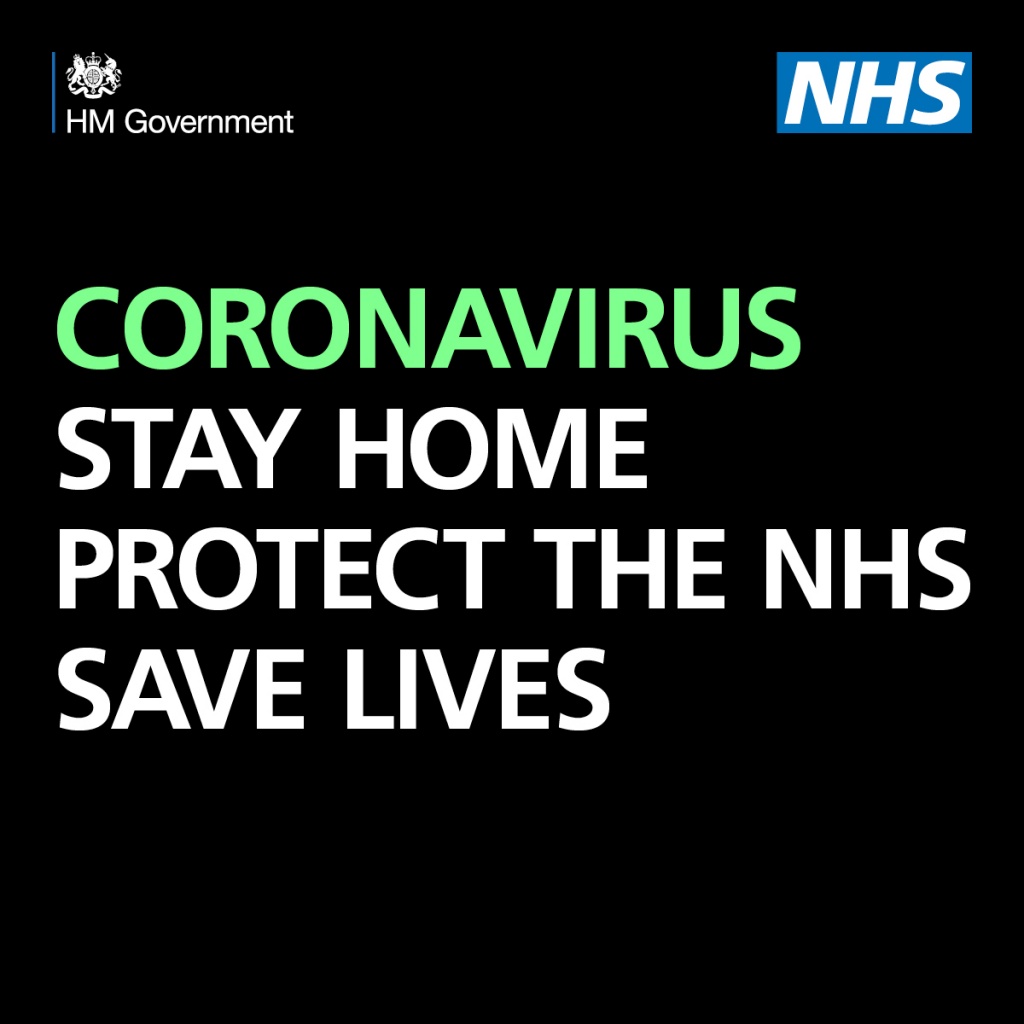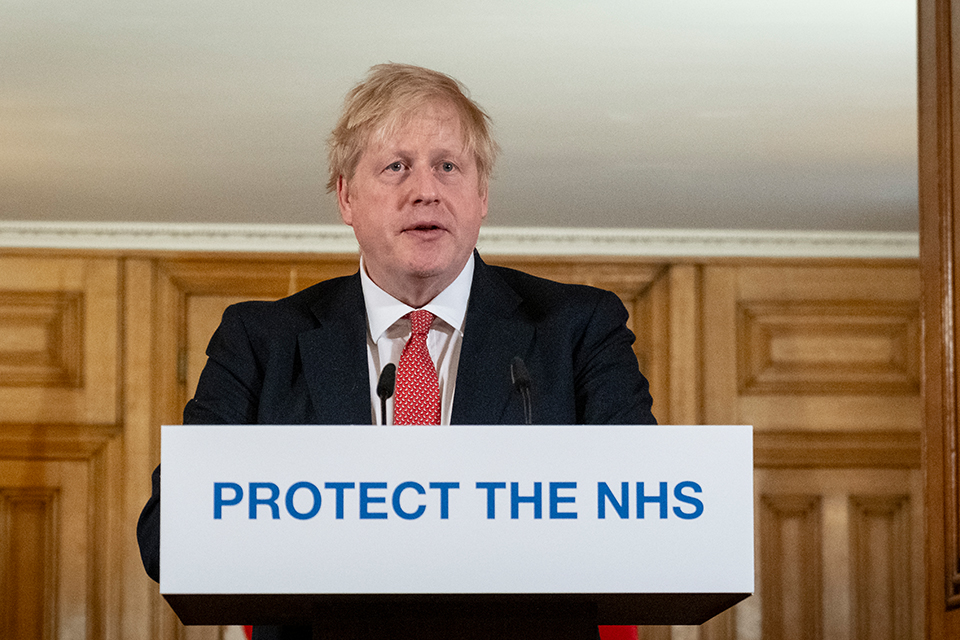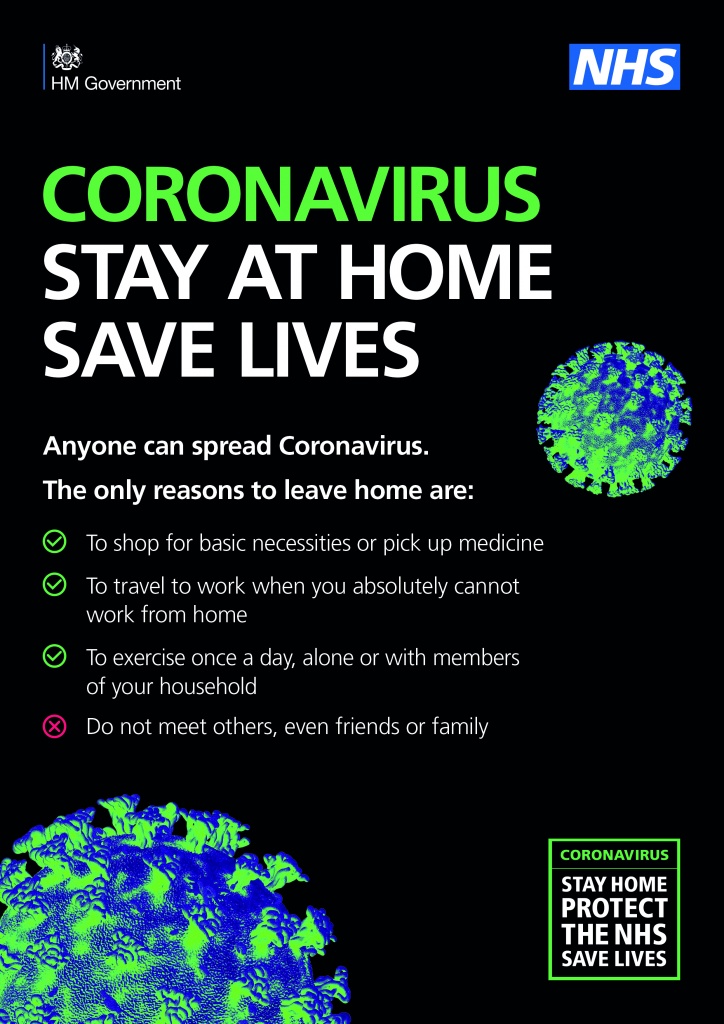

The UK Prime Minister Boris Johnson is following in the footsteps of the Prince of Wales and other celebrities in telling the world that there is no shame in self – isolating. If you think you have been exposed to COVID-19 and develop symptoms, such as fever, cough or difficulty in breathing, call your healthcare provider for medical advice.
After experiencing mild symptoms yesterday, the Prime Minister was tested for coronavirus on the personal advice of England’s Chief Medical Officer, Professor Chris Whitty.
The test was carried out in No 10 by NHS staff and the result of the test was positive. In keeping with the guidance, the Prime Minister is self-isolating in Downing Street. He is continuing to lead the government’s response to coronavirus.
Officials are working to increase the number of tests that can be conducted by Public Health England and the NHS to 25,000 a day.
The increased capacity is expected to be ready within 4 weeks, with highest-priority cases being tested first.
The announcement follows a meeting at Downing Street on Tuesday 17 March, where the Prime Minister and Health Secretary promised industry leaders that they would be given whatever support they need to help government increase testing capabilities across the country.
The Prime Minister also called on companies to work with the government to rapidly develop a test to establish whether people have developed immunity. This will help get NHS and other critical public sector staff back to work as fast as they can.
The increased testing will also include developing a point-of-care swab test outside of hospitals, so people with suspected symptoms can quickly find out if they have coronavirus.
The UK has one of the most sophisticated public health systems in the world and was one of the first countries outside China to have assured testing capability for the novel coronavirus.
Over 50,000 tests for coronavirus have already been completed. It is anticipated that, with increased capacity to 25,000 daily, testing levels in the UK could soon exceed that in China.
Last week, the NHS and PHE increased testing to 5,000 a day and that number continues to increase. By next week it is hoped that testing will increase to 10,000 per day.
Since the end of February, there has been a robust surveillance programme in place. PHE is testing a sample of the population to help us understand the level of virus circulating in the community.
This robust surveillance determines what proportion of the population is affected – and is used by modellers to estimate where we are in the pandemic and to assess the impact of the measures that have been taken.
Health and Social Care Secretary Matt Hancock said: Public safety is my top priority, and radically ramping up testing for coronavirus is a key part of our plan to protect lives. We are already among the best in the world for coronavirus testing and today we are launching a national effort to increase our testing capability even further.
Our aim is to protect life, protect the most vulnerable, and relieve pressure on our NHS – so it is right that we prioritise testing for those most at risk of severe illness. We will always do the right thing at the right time, based on the best scientific advice, and will do whatever it takes to protect life.
Professor Sharon Peacock, Director of the National Infection Service at PHE, said: This is a timely boost to the UK’s testing capacity, which is a vital element in the battle against the COVID-19 pandemic. By working together with industry we can increase the country’s testing ability – allowing us to better map the spread of infection in the community and to protect our healthcare workers on the frontline of our response.

Kindly follow us on twitter:@AfricanVoice2










